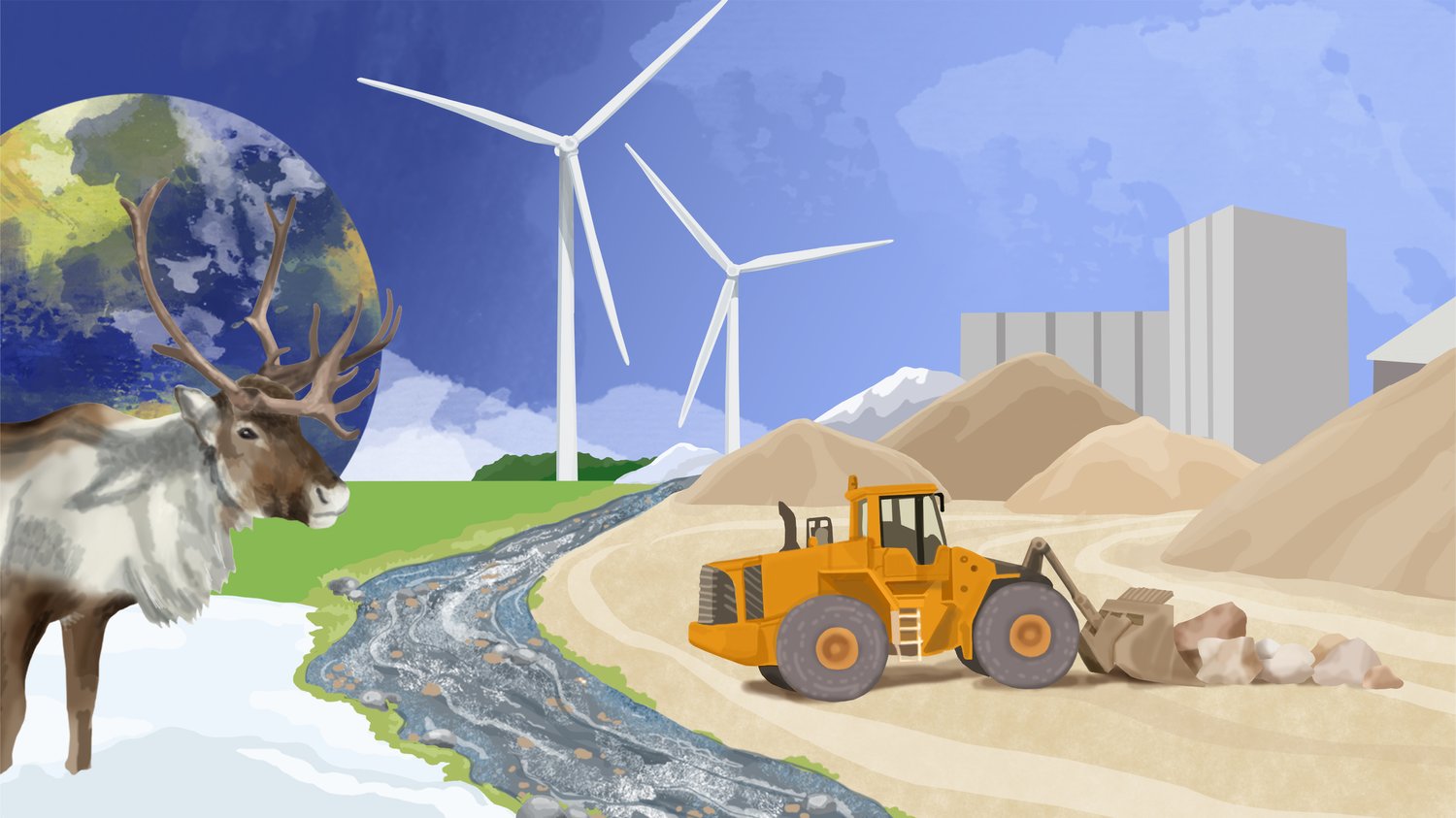
Mistra Mineral Governance: Geopolitics of Critical Raw Materials
Mistra Mineral Governance envisions a world where access to critical raw materials is sufficient for the low carbon energy transition while also protecting human rights and promoting social justice. Through interdisciplinary research and collaborative innovation, the program aims to help society recognise and balance the complex trade-offs and synergies between access to critical raw materials and democratic governance.
This work package depart from the programme’s emphasis on trade-offs by introducing the security-related considerations that shape national decision-making on critical raw materials, that impact upon notions of criticality in different systems and organizations, and which potentially impede fair, sustainable and resilient governance. These insights will be disseminated to government officials responsible for addressing and regulating critical raw materials, as well as to policymakers devising industrial and trade policies.
Within the work package, we explore the trade-off between security perceptions and supply chain dependencies, as well as the tensions between economic statecraft and market forces. By deepening our understanding of the link between critical raw materials and geopolitics, this work package looks not only at obstacles but also opportunities for improved governance through coordination.
Through a detailed mapping of new, critical raw material-driven strategic relationships and the framing of national security policies related to critical raw materials, we offer scholars a richer perspective on the geopolitics of energy transitions – one that includes discourse and praxis analysis.
For practitioners, we provide a clearer understanding of the state of geopolitics through a critical raw material lens – one that clearly spells out the trade-offs involved in, for example, securitizing critical raw materials
The methods in the work package allow us to not only identify conflict (e.g., frame conflict, alliance politics) but also opportunities for dampening conflict (e.g., issue reframing and public goods-oriented alliance formations). Based on its research findings and dialogues with policymakers, this work package will validate a ‘trade-off matrix’ that clearly illuminates what is at stake regarding global, strategic relationships when certain critical raw material decisions are made.
Participating researchers
-
Gunilla Reischl, Swedish Institute of International Affairs, work package leader
-
Niklas Rossbach, The Swedish Defence Research Agency FO
-
Mark Rhinard, Stockholm University/Swedish Institute of International Affairs
-
Lisa Dellmuth, Stockholm University
-
Annette Löf, Stockholm Environment Institute
See more: www.mistramineralgovernance.se